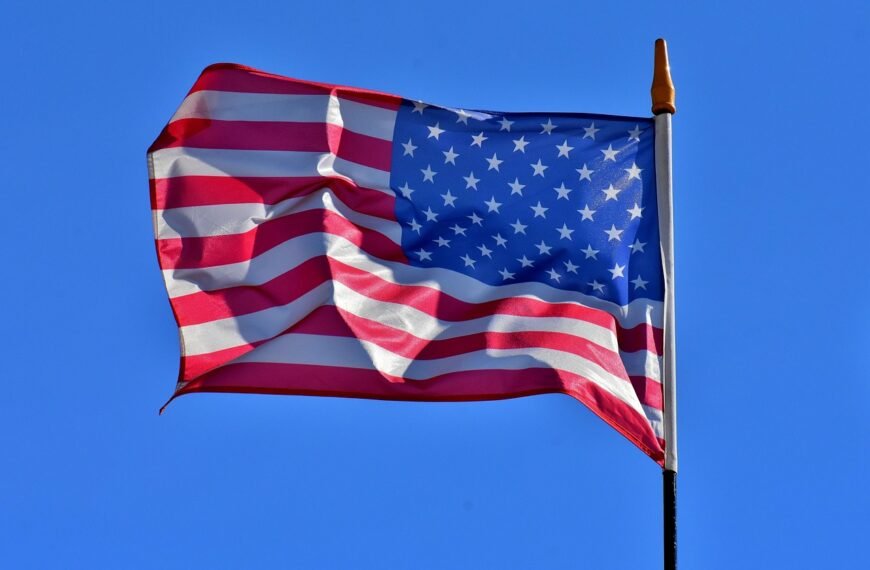In a surprising turn of events, President Donald Trump announced a 90-day halt on tariffs affecting all countries, except for China. For China, he declared an immediate increase in tariffs to 125%, up from the previous 104%. This decision seems to have come almost overnight, indicating a sudden shift in Trump’s tariff strategy.
Trump justified the pause by stating that over 75 countries had engaged in negotiations without retaliating against the U.S. He mentioned that during the 90-day period, a significantly lowered reciprocal tariff of 10% would be in effect for these countries.
The Situation with China
While Trump aimed to foster negotiations with other countries, his stance toward China remained aggressive. He expressed his view on Truth Social, stating that China had shown a lack of respect for global markets and emphasized that the U.S. would not tolerate unfair practices. He hinted that China is keen on striking a deal but is unsure of how to proceed.
Reasons for the Tariff Pause
The sudden pause on tariffs came amid increasing pressure from Republican lawmakers and business leaders who were worried about the potential for a trade war that could trigger a global recession. Initially, Trump stood firm on his policies, claiming they would not change. However, internal pressure from the Treasury Department — particularly from Treasury Secretary Scott Bessent, who raised alarms about instability in the bond market — encouraged him to reconsider.
When announcing the pause, Trump suggested that the decision was made quickly and intuitively rather than as a calculated strategy. He acknowledged instability in the bond market but expressed confidence that it was stabilizing.
Market Reactions
Wall Street reacted positively to Trump’s surprise announcement. U.S. stock markets bounced back dramatically, with the Dow Jones index rising by approximately 2,500 points. The Nasdaq saw its best day in 24 years, soaring 12.2%, while the S&P 500 climbed 6.0%. Additionally, oil prices jumped over four percent, and the U.S. dollar gained strength.
Impact on India
Trump’s previous imposition of a 26% reciprocal tariff on Indian imports had negatively impacted Indian markets. However, the 90-day pause provides India with an opportunity to negotiate a trade deal with the U.S. The Indian Ministry of External Affairs confirmed that discussions are ongoing for a mutually beneficial bilateral trade agreement, emphasizing the strong partnership between India and the U.S.
Trump’s recent tariff announcements reveal significant shifts in trade policies that could have lasting impacts on global markets. As negotiations progress, stakeholders will be keenly observing the outcomes and potential agreements that may emerge from these developments.




















